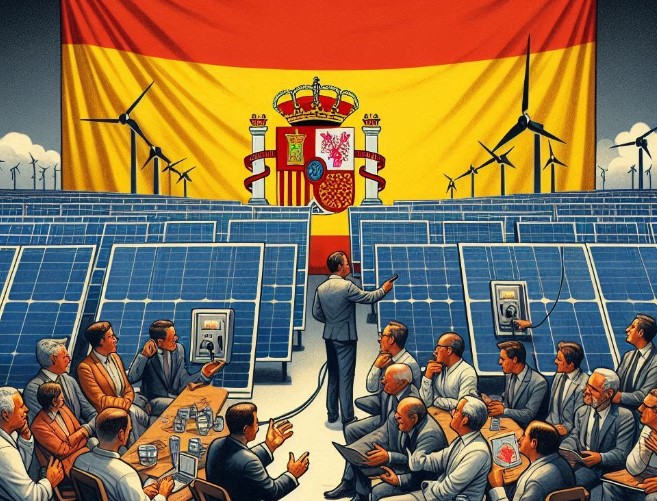Solar panels are devices that convert sunlight into electricity. They allow you to save money without disrupting your daily life. These devices generate energy through the photovoltaic effect, are made of semiconductor materials, and have regained popularity on the market following the power outage that Spain suffered on April 28th.
In the event of a power outage, these devices can be life-saving. However, not all solar panels were functional during the blackout, as most solar systems are connected to the public grid.
It is possible to use solar energy directly in the home, feed excess energy into the grid, and obtain electricity when there is insufficient solar power available. In such situations, however, grid-connected solar inverters must detect the voltage drop and shut down immediately to protect maintenance technicians who may be working to fix the problem.
One reason solar panels didn’t work during the blackout is that solar panels require a hybrid inverter, which allows them to be disconnected from the utility grid and manage energy autonomously. They also require a battery bank capable of storing solar energy generated during the day for later use.
It’s also important to note that lithium batteries require a hybrid inverter compatible with an automatic shutdown relay system, an inverter panel with backup functionality, and a switchboard to autonomously manage energy in the home.
However, without a hybrid inverter and batteries, the system becomes inoperable when the grid fails, as it cannot supply electricity.




